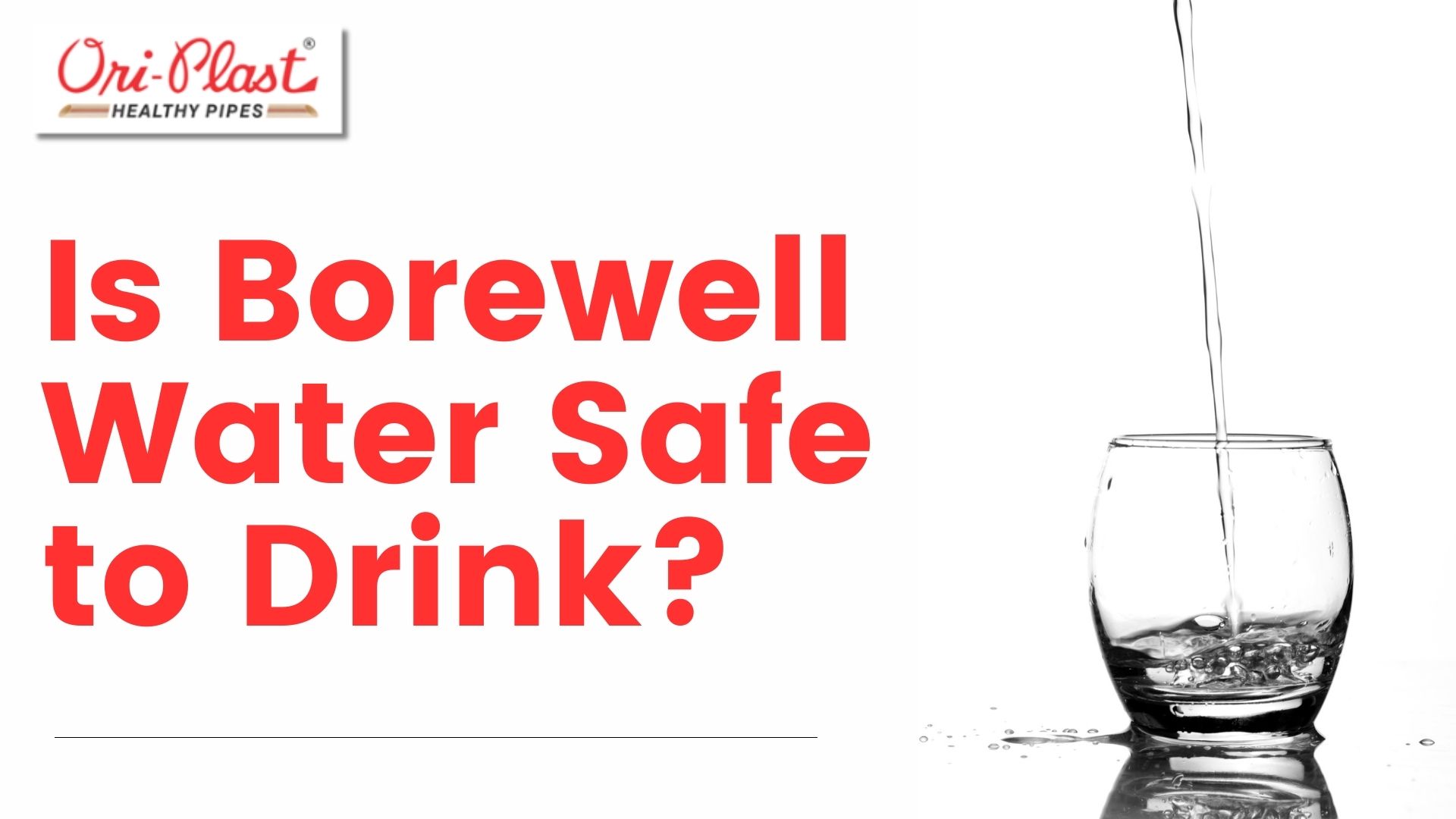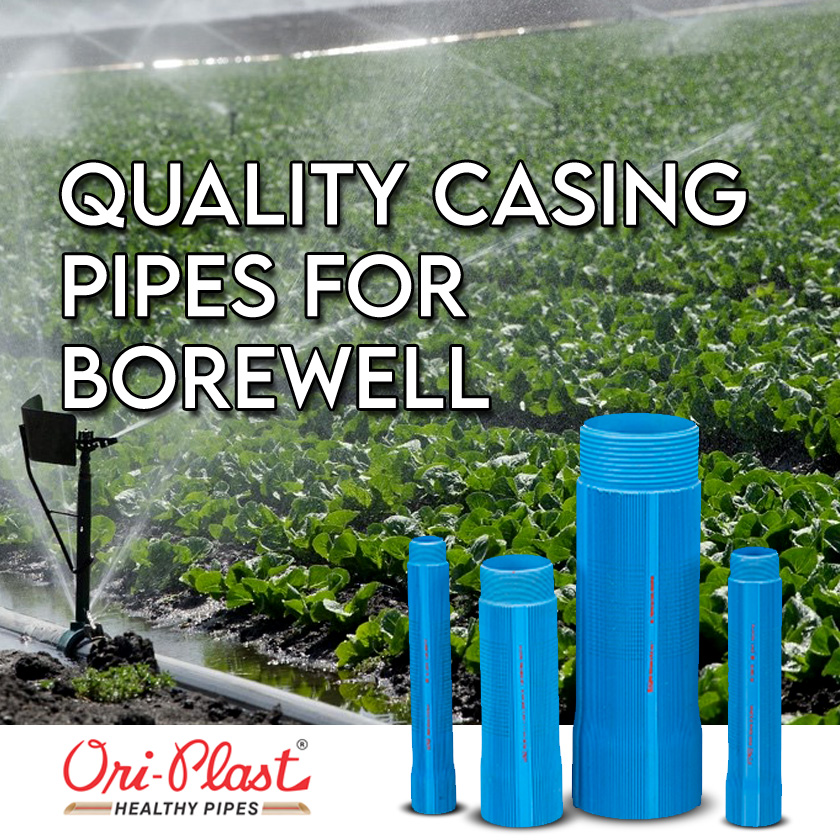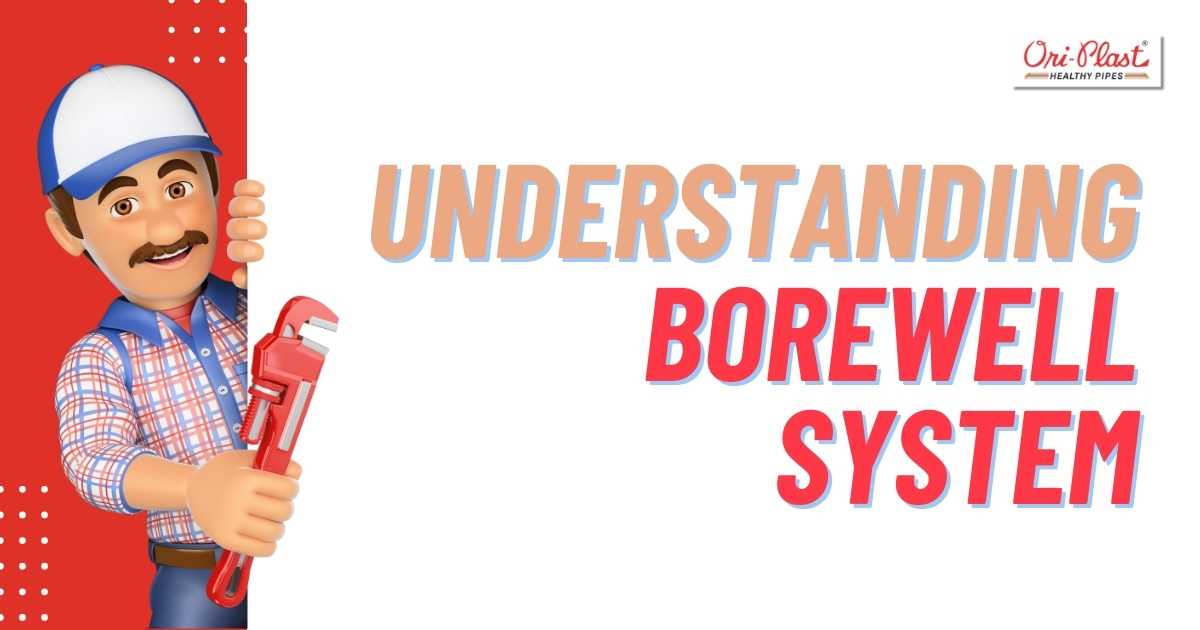In many parts of the world, borewell water forms a lifeline, a silent supplier of our daily water needs. But lurking beneath its seemingly pristine surface lies a question mark: is borewell water safe to drink? The answer, unfortunately, is not a simple yes or no. It's a complex between geology, contamination, and proper treatment.
The Good, the Bad, and the Uncertain of Borewell Water:
The Good:
- Groundwater: Borewells tap into groundwater, naturally filtered and often rich in minerals like calcium and magnesium.
- Independence: It offers independence from unreliable public water supplies and water scarcity issues.
- Cost-effective: Compared to bottled water or municipal supplies, borewell water is significantly cheaper.
The Bad:
- Contamination: Surface pollutants like fertilizers, pesticides, and industrial waste can seep into the ground, contaminating borewell water.
- Hard water: High mineral content, particularly calcium and magnesium, can make borewell water hard, leading to scale buildup and appliance damage.
- Microorganisms: Bacteria and viruses present in the soil can find their way into the water, causing waterborne diseases like typhoid and cholera.
The Uncertain:
- Geological factors: The safety of borewell water depends heavily on the local geology. Some areas naturally have higher levels of minerals or contaminants.
- Borewell depth: Shallow borewells are more susceptible to surface contamination, while deeper ones might have naturally elevated levels of certain minerals.
So, Can You Drink Borewell Water?
The verdict depends on a specific set of factors:
- Water quality testing: Get your borewell water tested for common contaminants like arsenic, nitrates, and bacteria. This will give you a clear picture of its safety.
- Local regulations: Check with your local authorities for specific guidelines and recommended treatment methods for borewell water in your area.
- Treatment options: Invest in a proper water purification system based on the test results and local recommendations. Options like UV, RO, and sand filters can remove various contaminants.
Remember:
- Regular testing: Even treated water can change over time, so regular testing is crucial to ensure continued safety.
- Maintenance: Properly maintain your water purification system for optimal performance.
- Community responsibility: Advocate for responsible waste disposal and environmental protection to limit groundwater contamination.
Beyond the Tap:
The borewell water question highlights the complex relationship between our water usage and the environment. By understanding the risks and taking appropriate measures, we can ensure this precious resource remains safe for consumption for generations to come.




